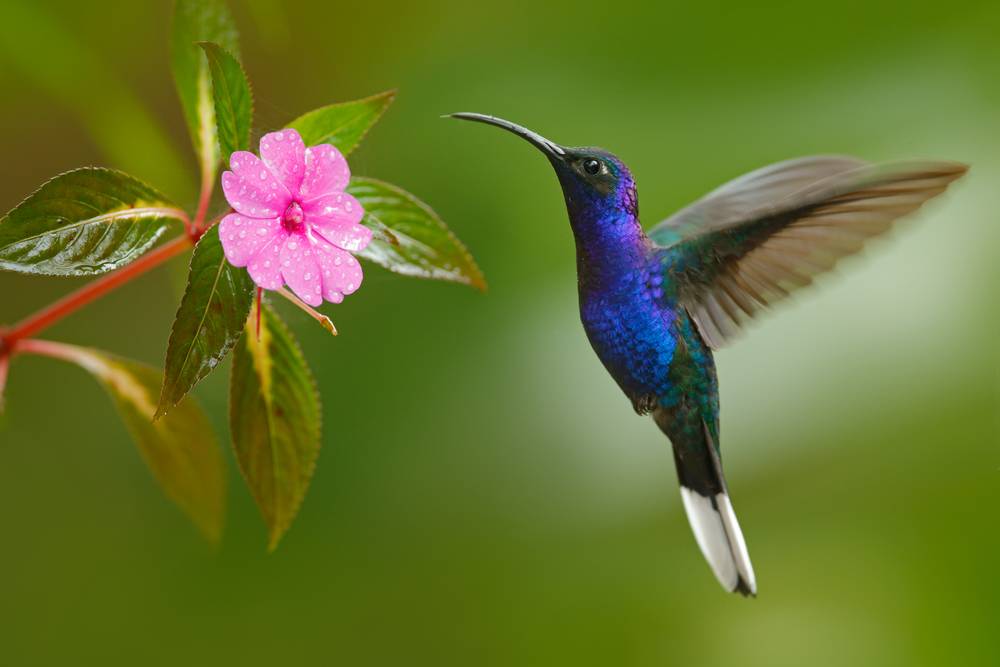Do you know your Panda from your Hummingbird?
No I’m not talking about animals (although I got to use some super cute photos!) I’m talking about SEO. Confused? Well there is no need to be! Here is a basic break down of what they are .. and I mean basic! (Otherwise I’d be confused too!)

Panda : Released in 2011 this filter concentrates on low quality content. I’ve said it before I’ll say it again content is king. This filter stopped poor quality content sites being page one. Ensure you write good quality content that people want to read and share. Bloggers talk a lot about evergreen content, which basically describes a blog post that will attract a lot of traffic weeks, months later as it’s content is sustainable and lasting. For example how to’s, recipes, top tips, activities and reviews will have more longevity than competitions, seasonal or cultural (ie. a post on 1Direction) or statistics, anything that will quickly date. For me many of my social media posts are already way out of date and not worth a reread (remember the talking about number on Facebook?!) however where to sell crafts online and how to self certify CE testing are still incredibly popular. This is where writing content that will make you an expert in your niche is important. Panda also takes into consideration duplicate content.

Penguin : In 2012 Penguin was introduced to stop those involved with link schemes. I remember back in the day when everyone had a “links” page which was usually full of irrelevant links to content that had no bearing on the business it just supplied an outbound and inbound link! Google looks for sites that appear to be spamming its search results, by buying links in order to boost their rankings. Google now looks for quality links, commenting on blogs, sharing content onto social media and linking back to content that is relevant to your post are all good ways to increase links back to your website.

Hummingbird : 2013 is a core update looking at semantic search and conversion. Say what!?!? In basic English the idea is that the hummingbird algorithm takes into consideration what the user is actually asking paying particular attention to each word. Matches are then made via the whole sentence and meaning rather than a few matching words. OK example : where can I buy handmade fabric bags in Dorset? Google will search for buy, handmade, fabric, bags, Dorset and match accordingly. Therefore writing content that provides answers to questions is always going to be a winner and utilising your keywords/key search terms in your content.

Pigeon : (seriously who names these updates!) In 2014 local results became an important factor. Make sure you have a local google listing. Ask customers to leave you reviews, add images, fill in all the details make sure you optimise the local listing. Use geographical place names as keywords in your website content.

Mobilegeddon : Sounds like a cheesy sci fi film but in 2015 Google put more emphasis on mobile compatibility and why not I mean we use mobiles and tablets far more now than anything else. You can check to see if your website is mobile friendly webmasters/tools/mobile-friendly/.
This is a basic overview. I’m by no means an expert BUT knowing just what each filter is looking at is always a good start! If you liked this post please do share or follow me on Facebook www.facebook.com/joannedewberry.co.uk
Photo Credit : Shutterstock
Found this useful wondering how you can show me your appreciation? Well, there are some ways you can say thanks and support my website: ➡
I never knew what each update mean’t
Kara recently posted..Mothers Day Giveaway with Create Gift Love
Author
Now you are armed with the facts you can put them to use (well that’s my plan *maybe*)
Now trying to decide whether to delete my old competitions, but some have reviews attached
Kara recently posted..Say it with Bears this Valentine’s Day
Author
I’d take out the competition element of the post.
I honestly had not noticed how many animal names there were until you listed them. Very funny!! SEO is one of the things I’m always trying to get better at!! Thanks for the clear descriptions.
One question: Is a link page….like “blogs I follow’ a benefit to both sites assuming they really do have something to do with each other subject wise, of course.
Thanks!
Author
Yes a link page is like “blogs I follow” or blogroll. It was common practice to fill these pages with as many links as you possibly could in order to increase your backlinks/outbound links but now google is looking for relevant content so it’s best to have links to blogs/businesses of a similar genre.
I don’t have a list of blogs I follow and am trying to figure out how this whole thing works. I so appreciate your help.
So, if I WERE to have a list of blogs I follow, presuming they are similar to mine or somehow have information that a reader of mine would enjoy or need: would this benefit me to have those links? Would it also benefit the other blog? If so, how would it benefit?
THANK YOU for helping me learn!
Natalie Tanner recently posted..Timeshare Renting Option: Guest Post
Author
I think having a blog roll type lists of sites is a bit out of fashion, and people can find it affects their SEO if this appears on everyone of your pages. I think if you decide to do this you should make links no follow so they don’t register with Google. You’d be better sharing content you love and hope that they reciprocate by sharing your great content too. Hope this helps x
I have most definitely learnt a lot today already! This is so interesting and makes much more sense now 🙂 Thanks.
Verily Victoria Vocalises recently posted..Prose for Thought. Thursday 11th February 2016
Author
Welcome lovely
People always talk about the google updates and im never really sure which is which. This is super useful to refer back to, thank you!! xx
Alexandra Ashton recently posted..Which make-up brands don’t test on animals?
Really interesting, thanks Joanne. I didn’t even know about the google updates, but the ‘pigeon’ was of particular interest, I never considered this!
Love these tutorials. Think you can be my guru